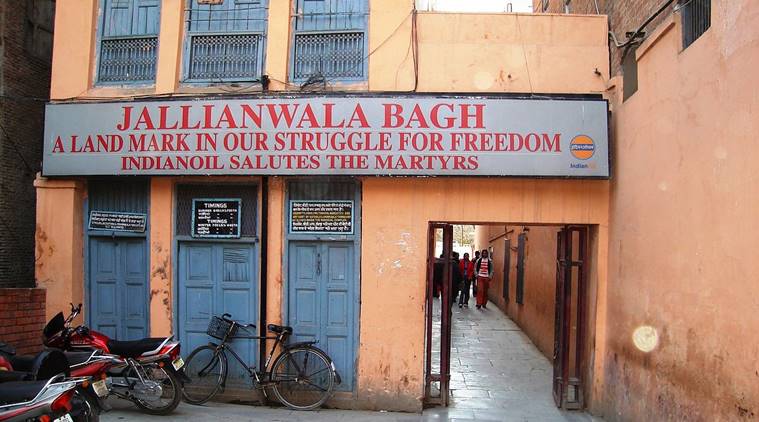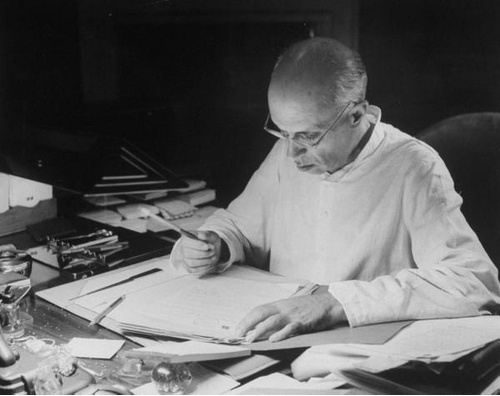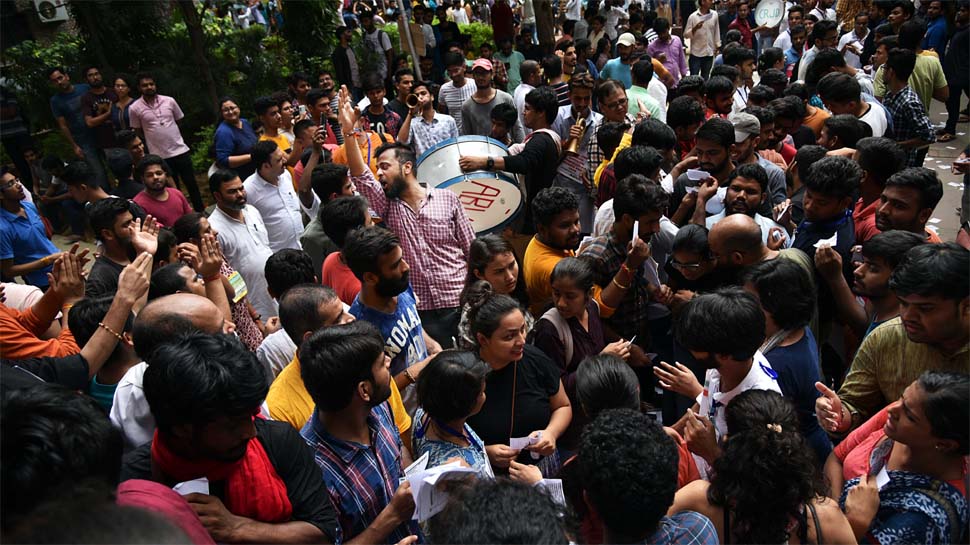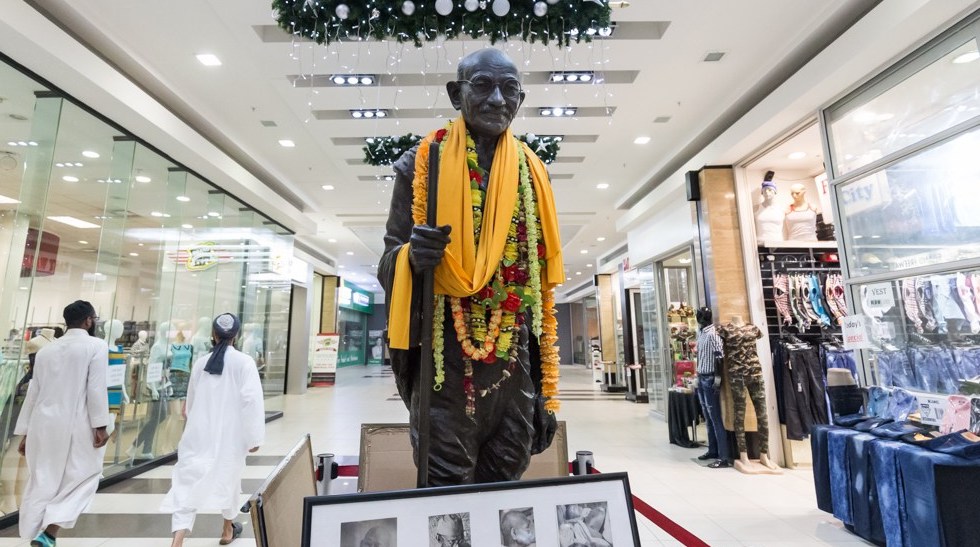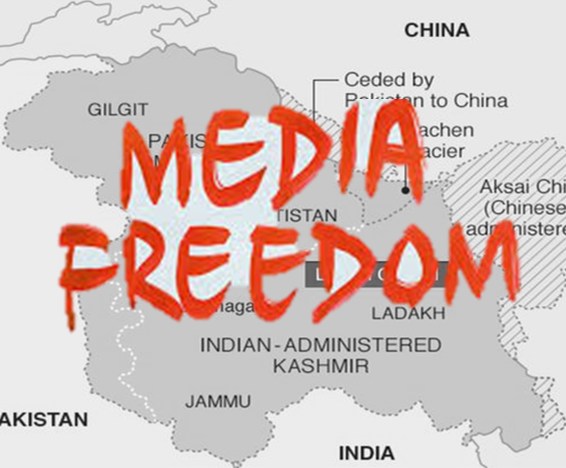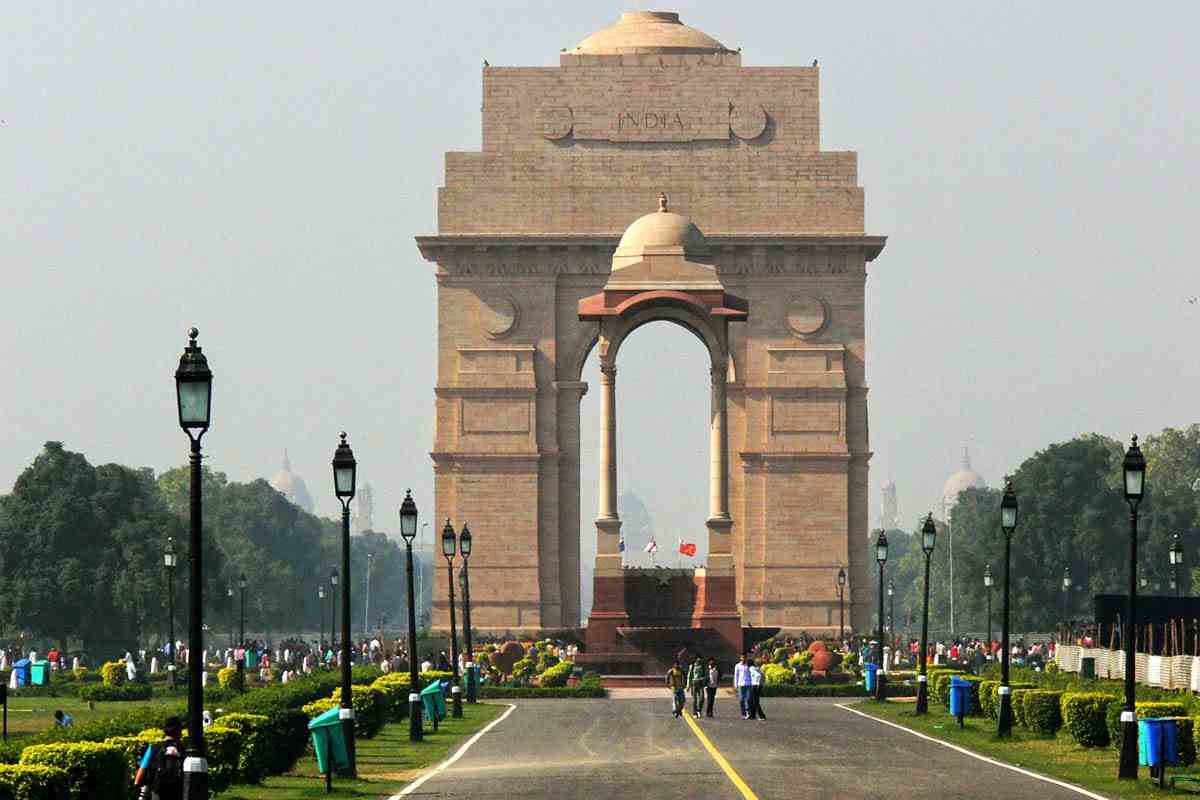
The imperial state open fired on a large section of people in Jallianwala and remained aloof to their aspirations. Has significant transformation taken place in country’s thought process after freedom?
Kabir / The New Leam
The Jallianwala Bagh massacre marked a turning point in India’s struggle for freedom. It was in the year 1919 that colonial General Dyer told his army to open fire on the gathering of people who had come together to celebrate a colloquial festival. The command of the General killed many Indians and injured a large section of people. The walls of the compound are still engraved with markings of bullets that were fired on the people. Many people attempted to go away from the premises but the compound was closed from all sides. The people who were suffering in this case were the ordinary masses of the country.
In the modern age after India has received her independence, revisiting Jallianwala Bagh becomes significant. Our democracy enables al individuals to generate their ideas, engage in dialogues and establish one’s viewpoints openly. It signifies a moment when individual mind and creativity are seen to be nurturers of the country’s wellbeing.
The media and the press are seen to be the forums that enable public thinking and enable the nation-state to understand the aspirations of the people. The imperial state did not want to build an infrastructure that would nourish the native people but a nation-state founded after freedom struggle is expected to uphold the aspiration of the people.
The denial of the press freedom in recent moments has to be understood in the context. The murder of journalists who wrote anti state, the censorship compulsions on newspapers and public forums and the greater process of corporate hegemony on media have to be understood as the process whereby public thought is monitored.
The surveillance infrastructure of the state, the compulsory acknowleememgt of implementations has built a non-dialogic ambience. The democracy that had been constructed on the moral guidelines of fraternity, justice, liberty and equality may not grow if people are not enabled to reflect, articulate on issues.
The Jallianwwala Bagh massacre occurred during the imperial state but it marked a turning point in India’s struggle for independence because it enables the ordinary masses to think. It is important that individuals engaged in different vocations rebuild the nation-state for it to represent the aspirations of the masses. General Dyer obeyed the commands of higher authorities but in modern India the authority is with us , freedom and other constitutional ideals have must be reasserted.
***

